
GIJN spoke to reporters from outlets based in Colombia, Honduras, and Mexico, as well as from two region-wide projects, to hear how they carried out their recent work, where they are innovating on this beat, and how they are changing the narrative about organized crime from a focus on kingpins to investigations into the impact of organized crime on ordinary people.
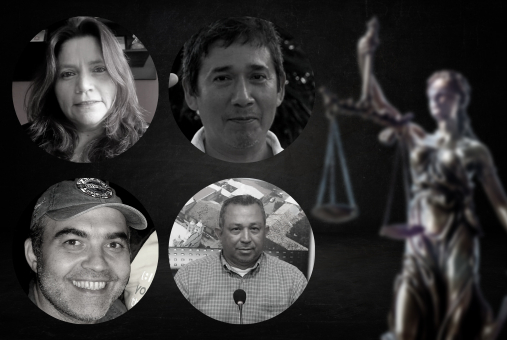
To mark the International Day to End Impunity for Crimes against Journalists, which is celebrated every Nov. 2, LatAm Journalism Review (LJR) is highlighting four cases of journalists from Latin America and the Caribbean that, for the most part, remain unpunished.
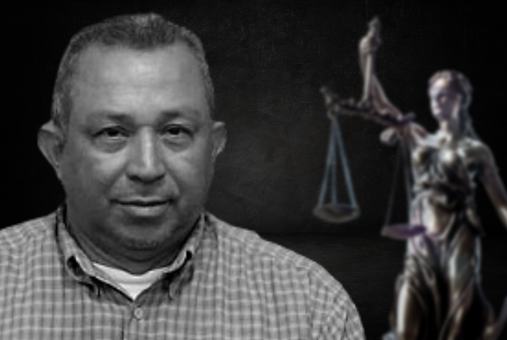
The investigation into the murder of journalist Gabriel Hernández in Honduras has not made any progress in the nearly five years since he was killed. Lack of access to information as well as a failure to protect him before he was killed are questions before authorities.

Journalists, media and even human rights defenders in Honduras have been the target of smear campaigns in recent months that they denounce are putting them in a situation of greater vulnerability. International organizations and journalists also analyze this as a strategy to silence the work they do.
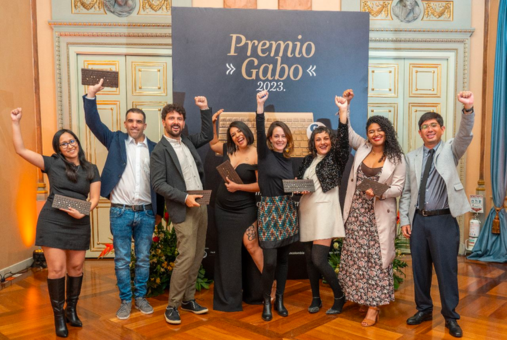
Feature stories by El Espectador (Colombia), IDL-Reporteros (Peru) and Réporter Brasil (Brazil) won the Gabo 2023 Award in Text, Image, and Coverage categories, respectively. The awards gala also honored journalist Jennifer Ávila (Honduras) and denounced injustices against Guatemalan journalist José Rubén Zamora, who has been imprisoned for almost a year.
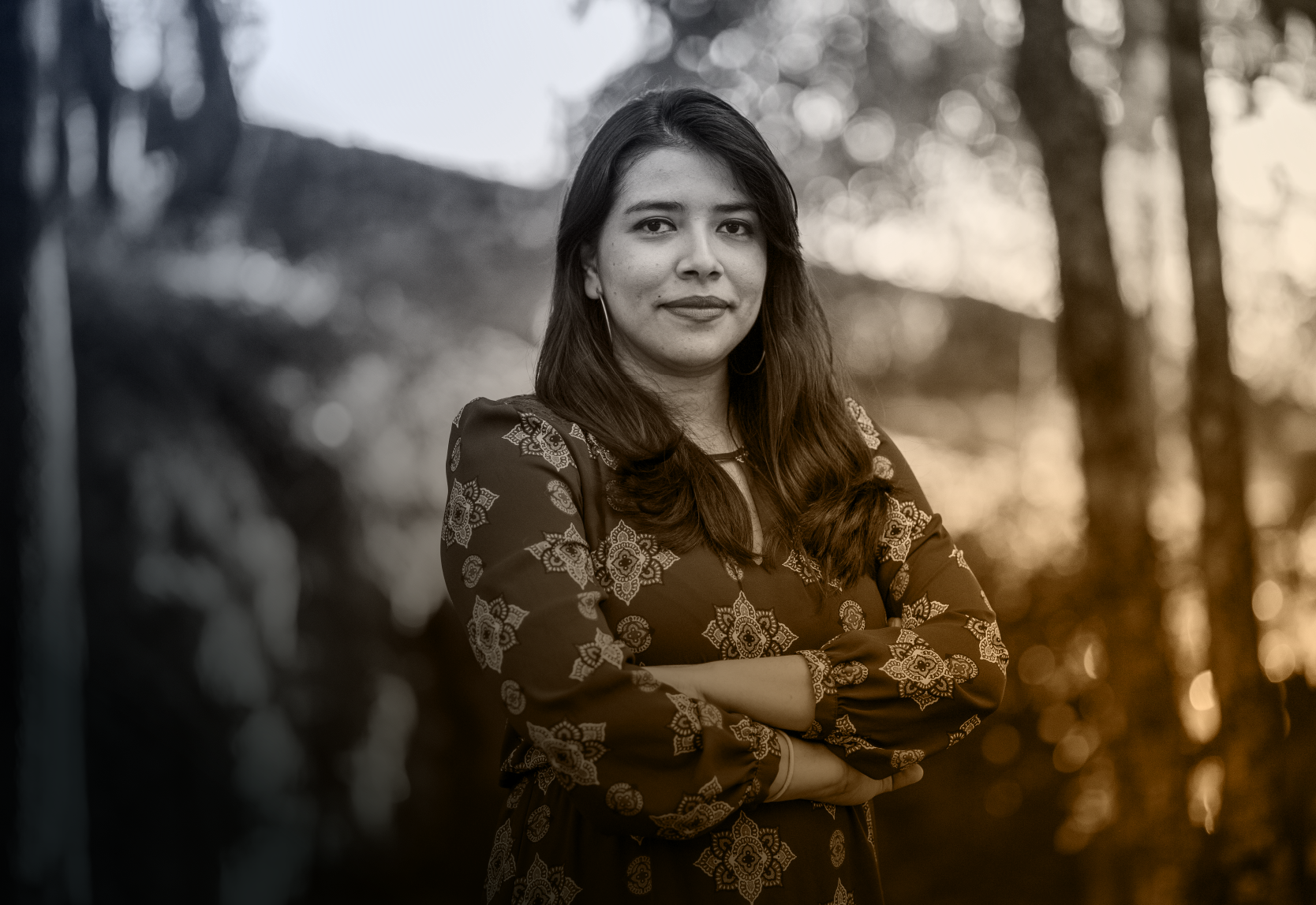
Honduran investigative journalist Jennifer Ávila — reporter, editorial director, and co-founder of Contracorriente — was the winner of the Recognition of Excellence category of the Gabo Award 2023, becoming the first journalist from her country to receive the honor, the Gabo Foundation announced Monday morning.
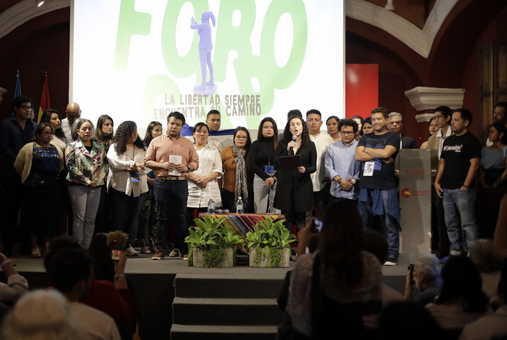
Faced with the recent escalation of attacks on freedoms of the press and expression in Costa Rica, El Salvador, Guatemala, Honduras, and Nicaragua, journalists from these countries have come together to create the Red Centroamericana de Periodistas [Central American Network of Journalists]. Guatemalan Marielos Monzón, one of the Network’s founders, spoke to LatAm Journalism Review (LJR) about the goals and lines of work of this initiative in defense of journalism and the citizens’ right to be informed.
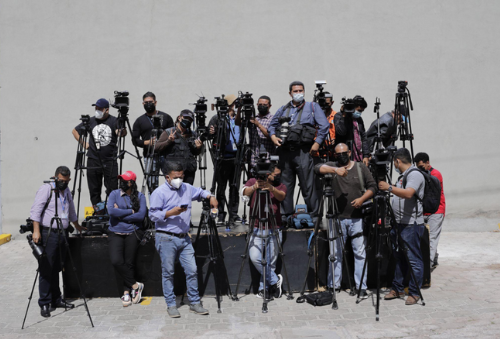
The only office that exists in Honduras to investigate violence against journalists and protect this vulnerable group is the FEPRODDHH, but it has only five prosecutors – all based in Tegucigalpa – without assigned investigators and without legal jurisdiction to investigate murders or assassinations.
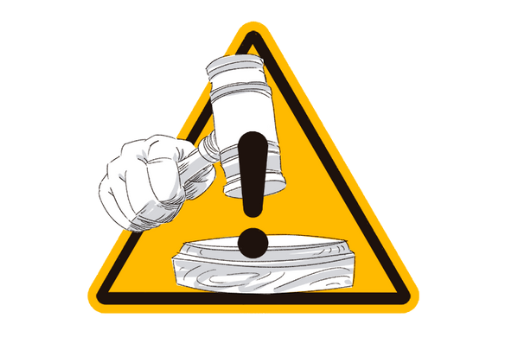
Across Latin America, governments have attempted different models to investigate and prosecute attacks against journalists. It is evident that there is no unified model for creating an office to investigate and prosecute crimes against journalists. Some countries have special prosecutors, while other countries have investigative units. Moreover, the results of their efforts are often difficult to track, according to experts.
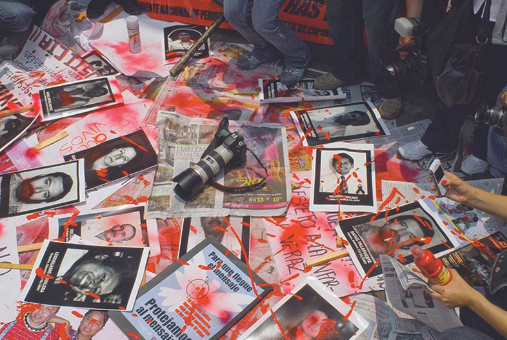
A report by Reporters Without Borders found “serious problems that require urgent changes” in the mechanisms for protecting journalists in these four countries, which account for 90% of the murders of journalists perpetrated in Latin America in the last ten years.